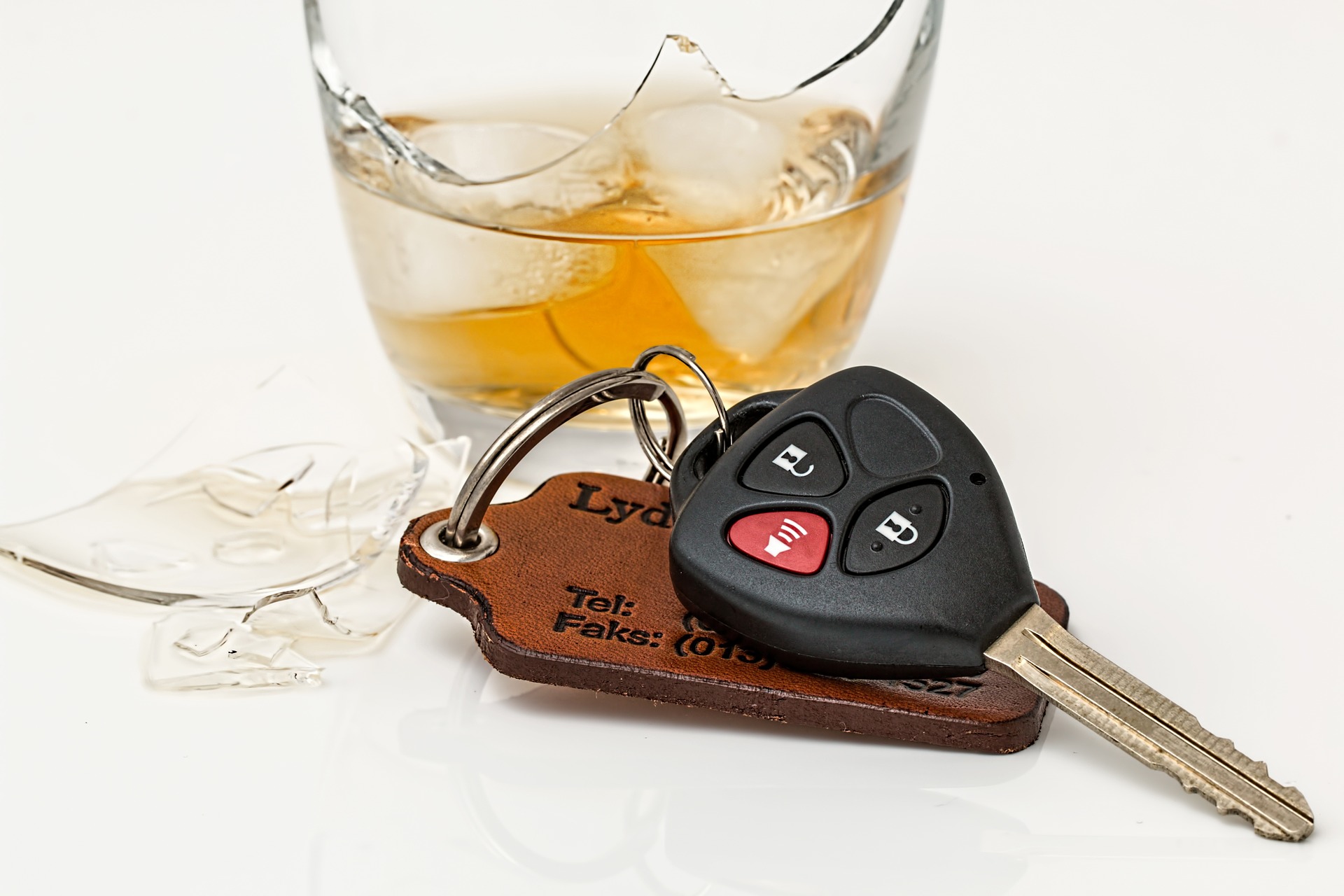
Driving Under the Influence (DUI) is a very serious charge in the state of Pennsylvania. A DUI is when a driver operates a motor vehicle under the influence of alcohol, drugs, or a controlled substance. When a driver is found with a blood alcohol concentration (BAC) above the legal limit of 0.08%, they can be charged with a DUI. A driver’s BAC can be determined through the admission of a Breathalyzer or an Alcotest by a law enforcement officer. Pennsylvania courts and judges are aggressive towards drivers who are charged with a DUI. Penalties for these convictions are often severe and can devastatingly impact an individual’s life.
First Offense
Individuals found driving under the influence may be subject to serious consequences. For a driver’s first offense, they may face the following penalties:
- A fine of $300
- Up to 6 months of probation
- Treatment, if ordered
- Participation in alcohol highway safety school
- Ungraded misdemeanor
Second Offense
When an individual is charged with a subsequent offense, penalties for a DUI offense can become much more severe. For a second offense, a driver may face the following consequences:
- License suspension for 12 months
- Between 5 days and 6 months spent in jail
- A fine between $300 and $2500
- Treatment, if ordered
- Participation in the alcohol highway safety school
- Ungraded misdemeanor
- 1 year with the ignition interlock device
Third or Subsequent DUI Offense
When an individual commits a DUI offense for the third time, the penalties have the potential to worsen. This can include:
- License suspension for 12 months
- Between 10 days and 2 years in prison
- A fine between $500 and $5000
- Treatment, if ordered
- 1 year with the ignition interlock device
- A 2nd-degree misdemeanor
Defending a DUI Charge
When facing a DUI charge, it is important to know the options available for defense. This is why offenders should have an experienced attorney at their side during this time. When a driver is pulled over for a suspected DUI, law enforcement is required to follow a series of rules before charging them. First, the officer must have probable cause to stop a driver in the first place. If they do not, it can result in an illegal arrest. Field sobriety tests are also often conducted by an officer. If they are administered incorrectly, the evidence may be inadmissible in court. In addition to this, machines such as breathalyzers and alcotests can be unreliable, making it possible to challenge their findings.
Contact our Firm
If you or someone you know was charged with a DUI, contact the Law Offices of Ilkhanoff & Silverstein today.
The divorce process can be challenging, but our team at Ilkhanoff & Silverstein are dedicated to fighting for your best interests. Since 1999, our York divorce lawyers have guided our clients through this emotional and stressful time with compassionate client service and results-driven legal counsel.

